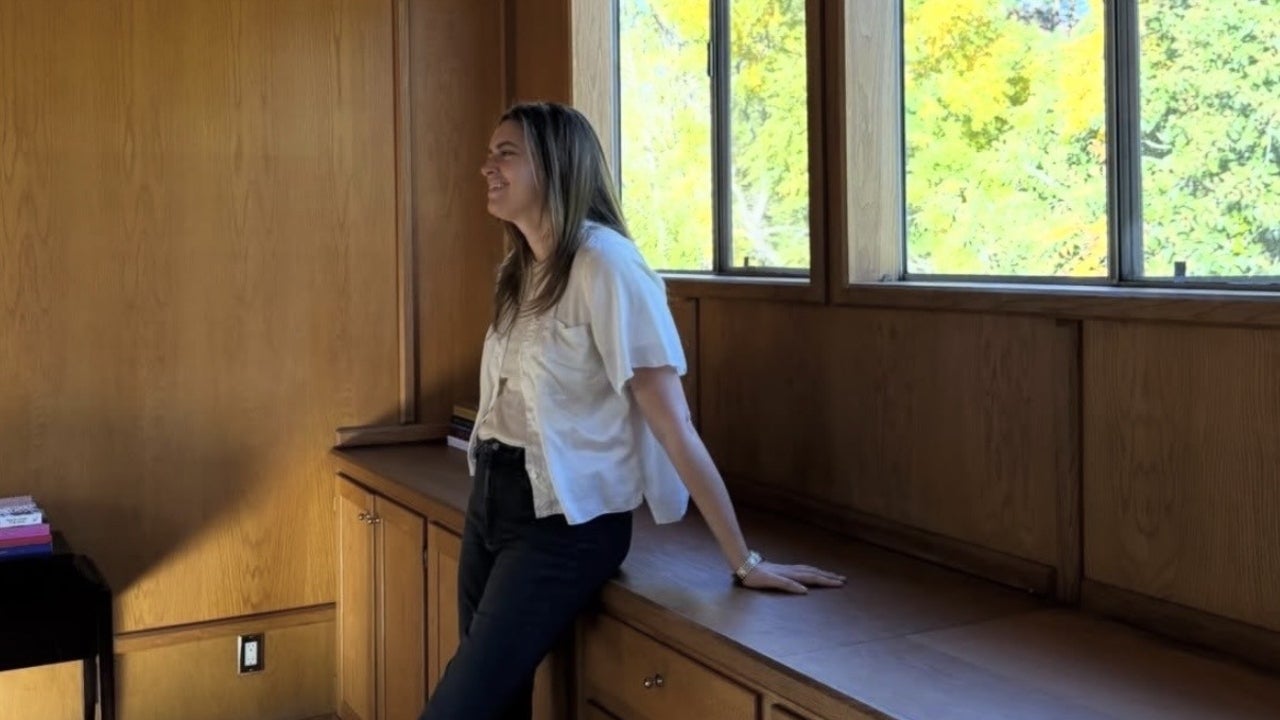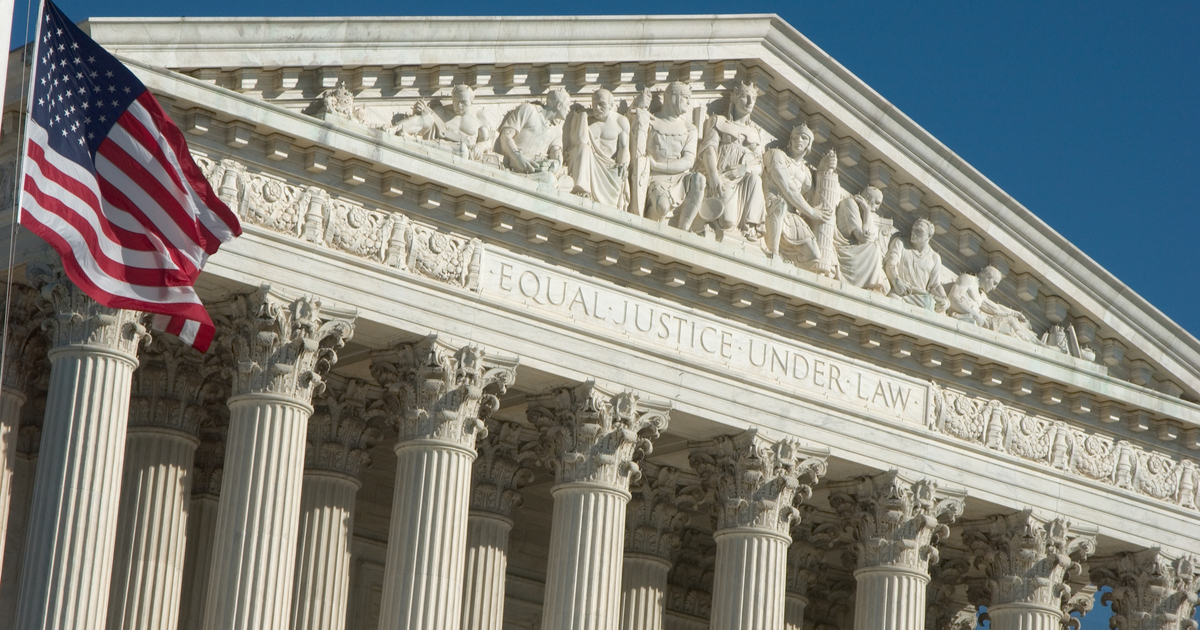Spirit Urges DOT to Quash JetBlue, United Deal
Spirit Airlines in a June 24 filing asked the U.S. Department of Transportation to extend its review period for the partnership between JetBlue and United Airlines, charging the deal could be anticompetitive.

Spirit Airlines in a June 24 filing asked the U.S. Department of Transportation to extend by 60 days its review period for the partnership between JetBlue and United Airlines, charging it "appear[s] to constitute an anticompetitive unfair method of competition that must be prohibited" or otherwise "found not to be in the public interest."
The low-cost carrier also asked DOT to allow for public comment on the agreement and "to determine whether to investigate the joint venture as an unfair method of competition."
Spirit in the complaint argued that the proposed "Blue Sky" deal, announced May 29, has the same anticompetitive incentives that were in the Northeast Alliance between JetBlue and American Airlines, which was ordered dismantled by a U.S. federal judge in May 2023. It also noted that the smaller JetBlue would "become a de facto vassal of United."
The carrier added that despite United and JetBlue's assertions that they would manage and price their networks independently, JetBlue's network decisions "will certainly be affected by United's wishes and a 'combined' approach to capacity management."
Spirit also argued that the partnership's reciprocal loyalty earning arrangement would create "what amounts to a merged customer base for their most valuable customers—the frequent flyers whose loyalty drives airline profitability and whose choices shape competitive dynamics."
The carrier also cited JetBlue and United's potential coordination on corporate accounts and added that the partnership "helps perpetuate the unchanging lack of access in both [the] New York area and Boston airports to new entrants."
"In short, the anti-competitive tie-up involving a dominant legacy carrier will neutralize the competitive benefit of an existing low-fare competitor (JetBlue), will raise fares, and will tend to weaken other value airlines, such as Spirit and others, by siphoning off customers attracted by access to the United loyalty program," Spirit argued.
United deferred a request to comment to JetBlue, which in a statement to BTN said that "Spirit's filing misrepresents Blue Sky and twists the facts about how JetBlue and United plan to deliver for customers."
"Through an industry standard loyalty program agreement, customers will gain access to earn and redeem points/miles and access loyalty points," JetBlue said. "Each airline will offer flights for sale on one another's websites and apps to make booking across the two airlines' complementary networks simple and easy.
"Blue Sky involves an industry standard interline agreement and does not include schedule coordination or revenue sharing. JetBlue and United will remain competitors as they each will continue to publish, price, and market flights independently under their own brand and flight numbers and make independent network decisions. JetBlue currently has interline, codeshare, or loyalty program agreements with more than 50 airlines."

 ShanonG
ShanonG 





























